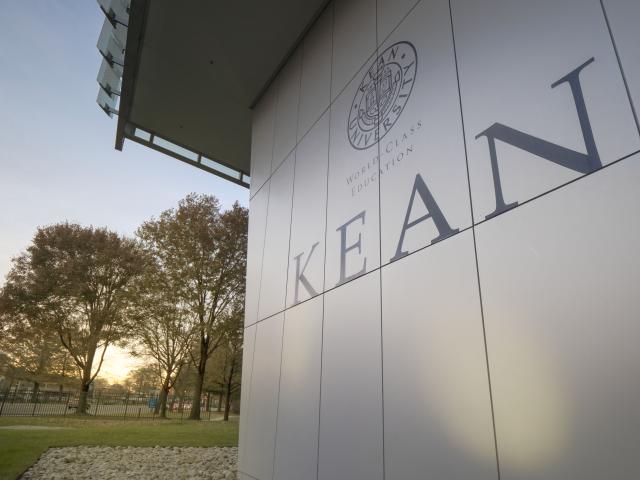Kean University Receives NSF Grant to Accelerate Innovation

Kean University has been awarded a National Science Foundation (NSF) grant to support capacity-building for innovative research and jumpstart entrepreneurship and discovery.
Kean is one of 47 emerging research institutions in the country to receive the Enabling Partnerships to Increase Innovation Capacity (EPIIC) grant. The $400,000 grant will fund an office of technology transfer and commercialization at Kean and support research aimed at developing new products and solutions to societal challenges.
A total $19.6 million in EPIIC grant funding is going to colleges and universities across the U.S., including minority-serving institutions such as Kean.
“As New Jersey’s urban research university, Kean has raised its profile by conducting research on a wide range of issues faced by communities across our state,” said Kean President Lamont O. Repollet, Ed.D. “This NSF grant puts Kean in good company and will allow us to raise our research aspirations even higher as we work toward becoming a Carnegie Commission R2 research institution.”
Through the EPIIC funding, NSF aspires to accelerate the nation's research and innovation enterprise and empower all Americans to participate in the science- and technology-driven workforce, according to Erwin Gianchandani, NSF assistant director for Technology, Innovation and Partnerships (TIP).
The EPIIC awardees will work to develop capacity and institutional knowledge to conduct research and build partnerships, tapping into regional innovation ecosystems such as the LIGHT UP (Leveraging Innovation to Grow High Tech and University Partnerships) Collaborative, a group of six institutions in the mid-Atlantic states, including Kean.
At Kean, the project is led by Keith Bostian, Ph.D., Kean associate provost for science and technology, and Marshall Hayes, Ph.D., executive director of the Center for Clinical Laboratory Science and Pandemic Research at The Dorothy and George Hennings College of Science, Mathematics and Technology (CSMT).
Thomas Richardson, Ph.D., president of the Institute for Life Science Entrepreneurship (ILSE), a life sciences incubator based at the University; and Derrick Swinton, Ph.D., associate dean of research for CSMT, were also involved in developing the proposal.
Bostian said the process of conducting research, leading toward translating technology into commercial solutions, begins “with concepts, knowledge and discoveries that are generated at the University and then are disseminated into our communities.
“Kean’s EPIIC grant contributes directly to our mission as a community-oriented urban research university,” Bostian said. “This grant will increase our capacity in translational research at Kean. In addition to establishing policies, procedures and best practices, the new office will engage with the campus community to promote a mindset of discovery, entrepreneurship and innovation.”
Going forward, ILSE will provide consulting and expertise.
“This grant is very significant. It enables Kean to create an infrastructure for technology licensing and industry partnering under Dr. Bostian,” Richardson said, adding that R1 and R2 institutions own intellectual property (IP) that is developed from their research.
“The office we will build will not only manage the IP but serve as a partnering tool for licensing and sponsored research to continue to grow the research enterprise. Innovations coming from Kean faculty will serve the directives of the NSF, and the grant helps us, administratively, to place technology into the hands of entrepreneurs who can build companies and technology solutions and workforce, while supporting faculty, students and Kean,” he said.
The LIGHT UP Collective includes Bowie State University in Maryland; Alvernia University in Pennsylvania; Marymount University in Virginia; Rowan College at Burlington County; and SUNY College of Technology at Canton, New York.
The collective is working collaboratively toward three goals: expand and improve each institution’s support systems for economic development initiatives; build a platform to drive more industry and government partnerships; and increase innovation enterprise development.
“We have a shared vision of building a regional network of structures, capacities and programs that draw upon the strengths of our respective institutions,” Hayes said.